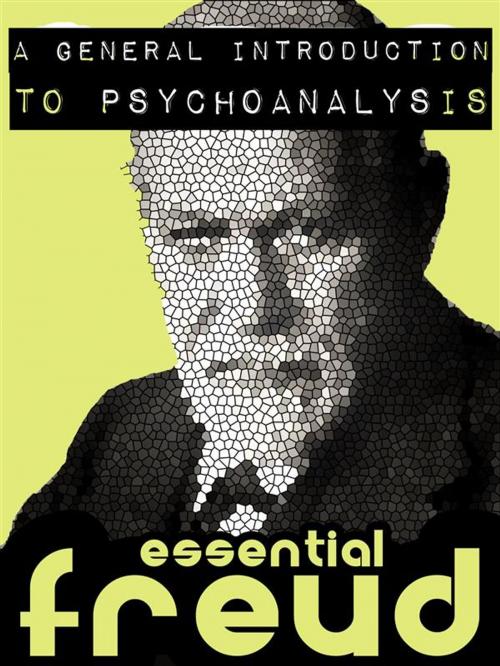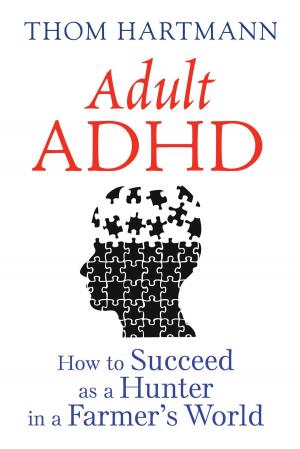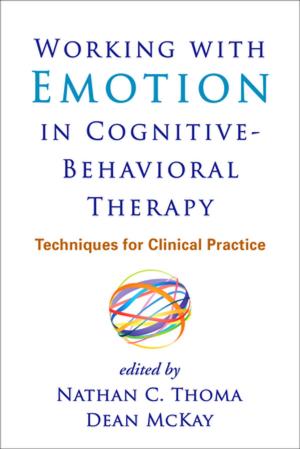A General Introduction to Psychoanalysis
Nonfiction, Health & Well Being, Psychology, Psychoanalysis, Medical, Specialties, Psychiatry| Author: | Sigmund Freud | ISBN: | 9788827578773 |
| Publisher: | Freudian Press | Publication: | February 23, 2018 |
| Imprint: | Language: | English |
| Author: | Sigmund Freud |
| ISBN: | 9788827578773 |
| Publisher: | Freudian Press |
| Publication: | February 23, 2018 |
| Imprint: | |
| Language: | English |
Introduction to Psychoanalysis or Introductory Lectures on Psycho-Analysis is a set of lectures given by Sigmund Freud 1915-17 (published 1916-17), which became the most popular and widely translated of his works. The 28 lectures offered an elementary stock-taking of his views of the unconscious, dreams, and the theory of neuroses at the time of writing, as well as offering some new technical material to the more advanced reader.
Sigmund Freud was an Austrian neurologist, now known as the father of psychoanalysis. Freud qualified as a doctor of medicine at the University of Vienna in 1881, and then carried out research into cerebral palsy, aphasia and microscopic neuroanatomy at the Vienna General Hospital. Upon completing his habilitation in 1885, he was appointed a docent in neuropathology in the same year and became an affiliated professor (professor extraordinarius) in 1902.
In creating psychoanalysis, a clinical method for treating psychopathology through dialogue between a patient and a psychoanalyst, Freud developed therapeutic techniques such as the use of free association and discovered transference, establishing its central role in the analytic process. Freud's redefinition of sexuality to include its infantile forms led him to formulate the Oedipus complex as the central tenet of psychoanalytical theory. His analysis of dreams as wish-fulfillments provided him with models for the clinical analysis of symptom formation and the mechanisms of repression as well as for elaboration of his theory of the unconscious as an agency disruptive of conscious states of mind. Freud postulated the existence of libido, an energy with which mental processes and structures are invested and which generates erotic attachments, and a death drive, the source of repetition, hate, aggression and neurotic guilt. In his later work Freud developed a wide-ranging interpretation and critique of religion and culture.
Psychoanalysis remains influential within psychotherapy, within some areas of psychiatry, and across the humanities. As such, it continues to generate extensive and highly contested debate with regard to its therapeutic efficacy, its scientific status, and whether it advances or is detrimental to the feminist cause. Nonetheless, Freud's work has suffused contemporary Western thought and popular culture. In the words of W. H. Auden's poetic tribute, by the time of Freud's death in 1939, he had become "a whole climate of opinion / under whom we conduct our different lives".
Introduction to Psychoanalysis or Introductory Lectures on Psycho-Analysis is a set of lectures given by Sigmund Freud 1915-17 (published 1916-17), which became the most popular and widely translated of his works. The 28 lectures offered an elementary stock-taking of his views of the unconscious, dreams, and the theory of neuroses at the time of writing, as well as offering some new technical material to the more advanced reader.
Sigmund Freud was an Austrian neurologist, now known as the father of psychoanalysis. Freud qualified as a doctor of medicine at the University of Vienna in 1881, and then carried out research into cerebral palsy, aphasia and microscopic neuroanatomy at the Vienna General Hospital. Upon completing his habilitation in 1885, he was appointed a docent in neuropathology in the same year and became an affiliated professor (professor extraordinarius) in 1902.
In creating psychoanalysis, a clinical method for treating psychopathology through dialogue between a patient and a psychoanalyst, Freud developed therapeutic techniques such as the use of free association and discovered transference, establishing its central role in the analytic process. Freud's redefinition of sexuality to include its infantile forms led him to formulate the Oedipus complex as the central tenet of psychoanalytical theory. His analysis of dreams as wish-fulfillments provided him with models for the clinical analysis of symptom formation and the mechanisms of repression as well as for elaboration of his theory of the unconscious as an agency disruptive of conscious states of mind. Freud postulated the existence of libido, an energy with which mental processes and structures are invested and which generates erotic attachments, and a death drive, the source of repetition, hate, aggression and neurotic guilt. In his later work Freud developed a wide-ranging interpretation and critique of religion and culture.
Psychoanalysis remains influential within psychotherapy, within some areas of psychiatry, and across the humanities. As such, it continues to generate extensive and highly contested debate with regard to its therapeutic efficacy, its scientific status, and whether it advances or is detrimental to the feminist cause. Nonetheless, Freud's work has suffused contemporary Western thought and popular culture. In the words of W. H. Auden's poetic tribute, by the time of Freud's death in 1939, he had become "a whole climate of opinion / under whom we conduct our different lives".















